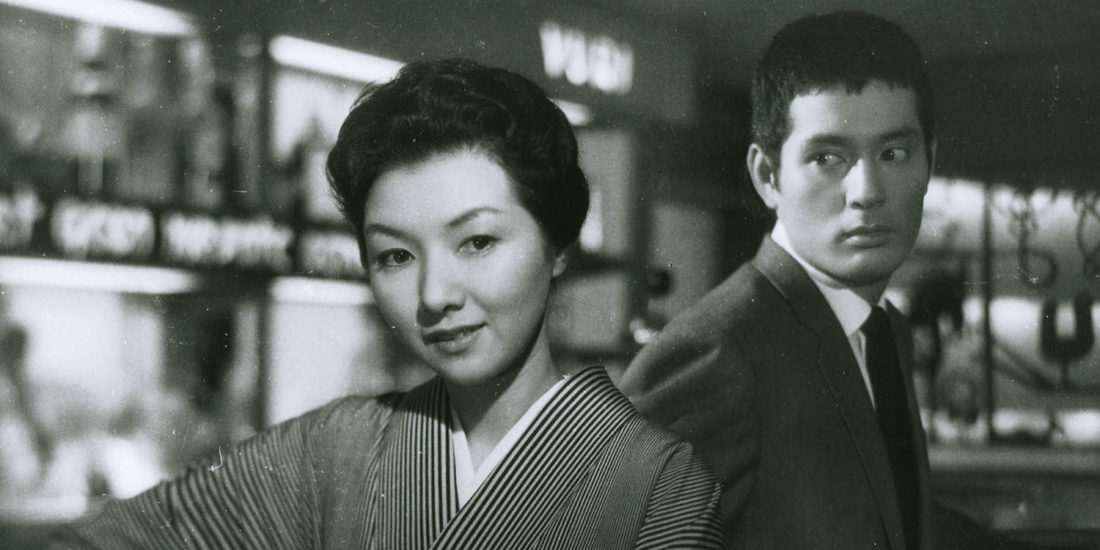The works of Japanese filmmaker Keisuke Kinoshita have long been underappreciated in Western academic circles, despite enjoying critical success in Japan and despite his enormous contribution to the film industry during the second golden age of Japanese cinema in the 1950s. Ever since his passing in 1998, film scholars and critics in Japan have sought to reframe his career through the perspectives of war memory, family, and gender. One of these attempts includes film critic Ikuko Ishihara’s comprehensive analysis of masculinity and male vulnerability in Kinoshita’s films, which paved the way for examining expressions of non-normative gender, sexuality, and body in the post-war era. Following Ishihara’s work, some scholars have begun to focus on Kinoshita’s aesthetic obsession with non-normativity.
How do Kinoshita’s films help us understand Kinoshita’s complex relationship with love, attachment, and intimacy? Sharing elements from my monograph Yuyakegumo no kanata ni: Kinoshita Keisuke to kuia na kansei (Over the Sunset: Kinoshita Keisuke and Queer Sensibility), this talk will introduce the ways to trace and enjoy the fluidity of Kinoshita’s queer sensibility in his commercial works from the 1940s to the 1950s, in addition to re-contextualizing his home movies, shot between 1937 and 1949, through a queer lens.
Read presenters' biography
